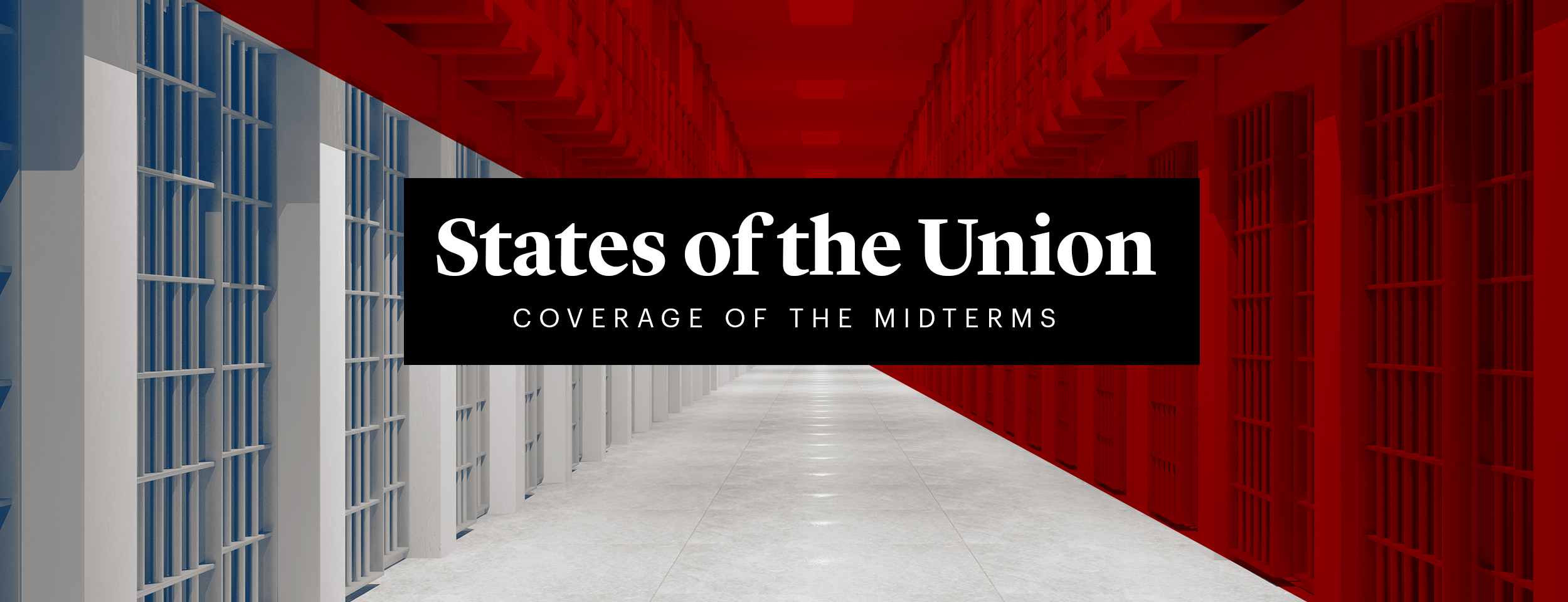Ahead of the November 6 elections, CJR invited writers to spotlight stories that deserve closer scrutiny, in their states and beyond, before voters cast their ballots. Read other dispatches from “States of the Union” here.
Texas is an increasingly diverse state governed by an overwhelmingly white and conservative state legislature. To keep their grip on power, in 2011 lawmakers carved up the state’s political districts to dilute Texas’ growing minority vote, prompting a marathon legal battle over race-based gerrymandering that ended this summer with yet another Roberts Court ruling that chips away at the Voting Rights Act, the so-called “crown jewel” of the civil rights movement.
Meanwhile, conservatives who control the statehouse and every statewide office in Texas continue to champion anti-LGBT policies, even as this becomes a gayer and more accepting state. They pass anti-Latino laws, like Senate Bill 4, which effectively allowed local cops to act like immigration enforcement, even as Texas gets browner. While Texas is also an increasingly urban state, conservatives who run state government routinely attack efforts by local officials to make the state’s major cities more equitable.
For the Texas Observer, I cover politics, policy, and elections through the lens of civil rights. It’s a broad beat, and encompasses not only voter suppression but also the new reckoning over Confederate monuments and markers.
Most often, my writing circles back to mass incarceration—the prevailing civil rights issue of our time, and a dynamic that deserves more attention each election cycle. In Texas, almost all major law enforcement officials hold elected positions, from the district attorneys who decide what cases to prosecute to the sheriffs who run the local jails. DA races across Texas this year feature candidates who promise a more equitable justice system. The movement to end cash bail in places like Houston and Dallas, two of the largest jurisdictions in the country, has put a spotlight on the dubious behavior of local elected judges, many of whom are on the ballot this November. These are not headline-grabbing or marquee races. But, given their role in either perpetuating or ending an assembly-line justice system that disproportionately harms people of color, they should be.
Elected officials and political candidates up and down the ladder deserve tough questions about police violence and the disparate treatment of minorities by law enforcement in their communities.
Similarly, local and state officials play a critical role in making law enforcement agencies transparent and accountable to the communities they police. In addition to reporting on the particular problems of individual departments and specific instances of police violence, journalists should interrogate the backgrounds of law enforcement officials seeking higher office. We should spotlight laws that address or exacerbate the rift between law enforcement and heavily-policed communities, as well as follow the grassroots movements to force change at the local level. Elected officials and political candidates up and down the ladder deserve tough questions about police violence and the disparate treatment of minorities by law enforcement in their communities.
While these issues usually get short shrift in electoral politics, reformers are trying to change that. In September, the ACLU launched a voter education tool that compares where thousands of candidates across the country stand on criminal justice issues. District attorney races here, which have largely flown under the radar in state and local media, have attracted the attention of reformers outside Texas. In Fort Worth, an incumbent tough-on-crime Republican who says Texas has no mass incarceration problem faces a Democratic challenger advocating bail reform and jail diversion programs.
The racist roots of mass incarceration recently became a campaign issue in one of the year’s most closely-watched political races: Congressman Beto O’Rourke’s attempt to unseat Texas Senator Ted Cruz. During a forum at Prairie View A&M University, a historically black university northwest of Houston, O’Rourke cribbed from the title of Michelle Alexander’s groundbreaking book, calling our current system of mass incarceration “the new Jim Crow.” Cruz snapped back, calling the notion an offensive broadside against cops.
In Texas, at least, the Cruz-O’Rourke race has understandably sucked up most of the oxygen ahead of November’s election. Let’s hope that it now leads reporters into a deeper exploration of our hulking carceral state and the elected officials who keep watch over it.
ICYMI: Punting a region’s longtime political football—coal
Michael Barajas is a staff writer covering civil rights for the Texas Observer. Before joining the Observer, he was editor of the San Antonio Current and managing editor of the Houston Press. He holds a bachelor’s degree from Ohio University’s E.W. Scripps School of Journalism. You can reach him on Twitter or at barajas@texasobserver.org.

